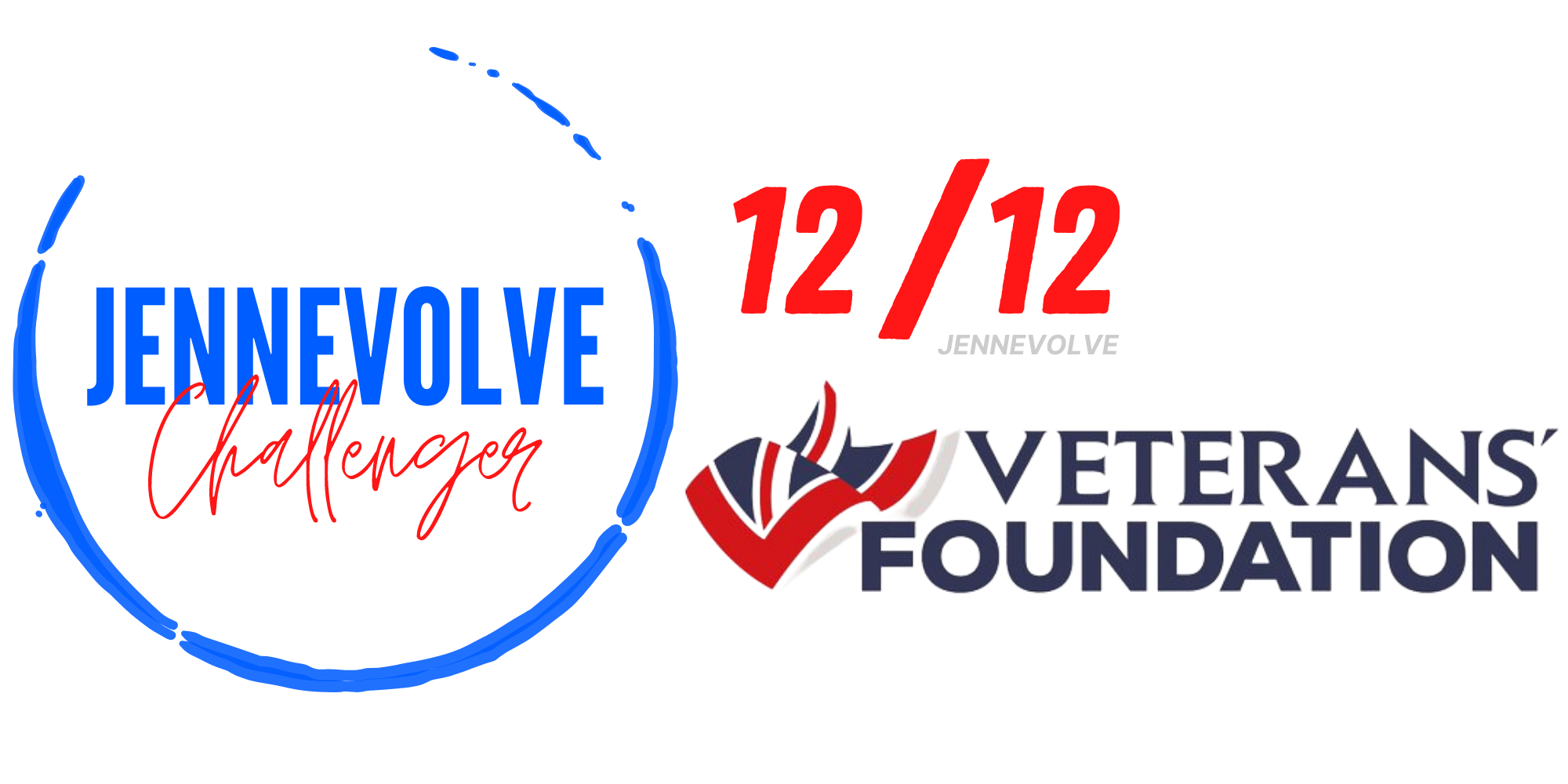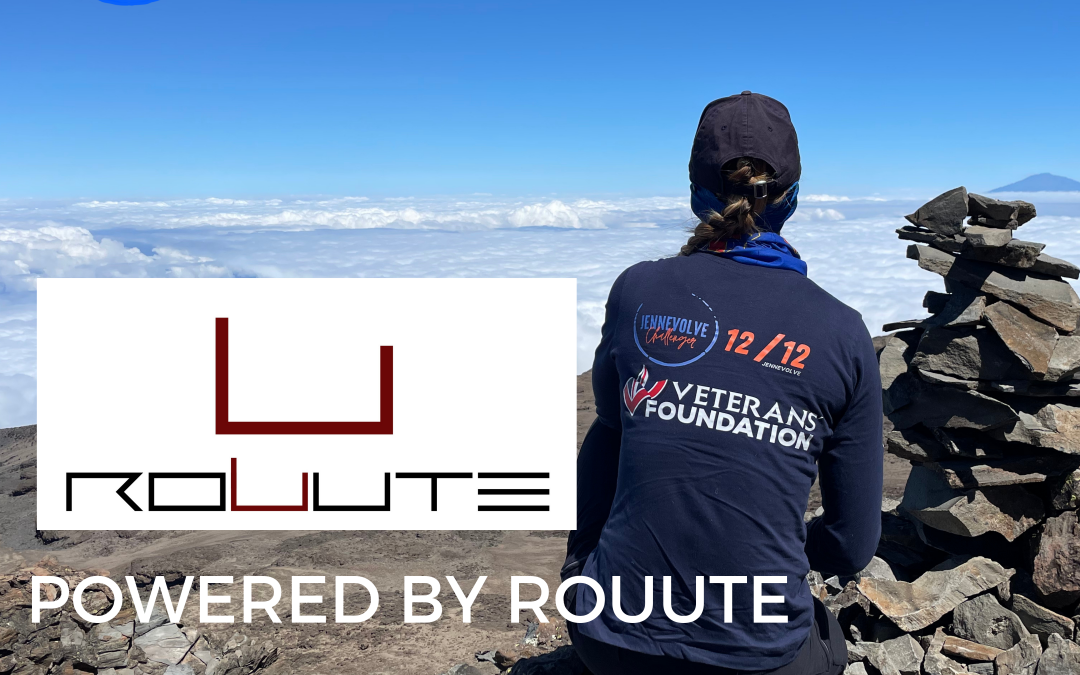Recently I was asked to think about confidence. How I might have lacked it throughout both my career and this year of adventures, and how I might have overcome it.
Everybody, at times, lacks confidence, and we hate it. We hate feeling inadequate or unworthy.
So how do we overcome it? And what is confidence anyway?
Firstly, to understand confidence you have to understand fear. Fear is a biological function. It exists to keep us safe and has done so for thousands of years. Fear keeps us in line within our tribe, keeps us following a set (safe) path and often it prevents us from speaking out. Because (pre)historically, to be safe is to be part of the tribe, to go with the flow.
In the modern world fear isn’t as important (except of course in keeping us physically safe). It’s what holds us back mentally from breaking the mould.
I think this is what sometimes limits our confidence and, in doing so, limits our happiness.
I think confidence can be broken down into three areas.
The first is courage. Courage is about acknowledging that fear exists but that it is often illogical. It is about stepping into the void knowing that, logically, nothing really bad is actually going to happen. Yes, there may be risk involved, but the fact you have even considered making a move is indicative of wanting to try.
Courage, in this sense, is about taking steps that both scare and excite you, balancing the logical risk against the possible rewards.
For me, this year, courage has been about leaving behind a successful career that I love in the British Army, the tribe I belonged to. Making that decision was one of the hardest I’ve ever made.
Yet the rewards have been immeasurable. Making that decision has allowed me to try something new and find a different direction. It has also given me the space to reflect on my previous life with new perspective; I would do it all again (most of it), but I don’t miss it. In fact, I feel awakened to endless possibilities.
This has given me a huge sense of confidence.
Reflecting on my challenges, I gained so much confidence from one in particular. Lands’ End to John O’ Groats: a 1000 mile solo, self-supported road cycle from the most southerly to the most northly settlement in the UK. During my career I have been on many expeditions, but I’d never gone it alone, not really. I wasn’t a seasoned cyclist, I didn’t know how to fix a bike (I still don’t) or if my body would be able to cope with 100 mile days. At times it was tough; it was hot and hilly, I dealt with the notorious bum chaffing, cycled through persistent rain, pushed my bike up some miserable hills and had to get used to spending many hours alone with my thoughts. Despite all of that I can tell you, hands down, this was the most enjoyable challenge of them all and probably the most empowering thing I have ever done.
I specifically remember a moment on day 7 when I was rolling through the beautiful Scottish borders having not seen a soul in 6 hours. I just remember feeling really free and happy. My body had adjusted, I was genuinely enjoying the scenery and, amazingly, my own company. More importantly I started to feel really empowered; I had gone it alone and it was working. By the time I got to John O’ Groats I swear I could have kept going and going and going.
What I realised afterwards (and I did eventually stop despite wanting to get on a ferry to Greenland) that it wasn’t about being particularly brave, it was about not letting the fear and uncertainty stop me.
That, I think, is courage.
Then there is credibility.
Arguably the opposite of feeling credible is imposter syndrome. It’s a bitch.
The first step to dealing with imposter syndrome is recognising that you have it. I find the best way to do that is by properly taking a step back so that you can really look at what you have achieved. If you still feel shit then you are 100% undermining yourself.
The second step I find useful is reading the definition of imposter syndrome. There are a few but this is one of my favourites: “Imposter syndrome is loosely defined as doubting your abilities and feeling like a fraud. It disproportionately affects high-achieving people”.
That’s right! High achieving people. If you do one thing to deal with imposter syndrome then hold onto that thought alone. It should help to start reversing the damage you are doing to yourself.
This year I’ve definitely felt like an imposter. On several levels. Firstly, despite my passion for helping veterans I questioned whether or not I was coming from a place of credibility. I haven’t lost a limb, or a loved one in conflict. Who am I to act as an ambassador for veterans? Then I started to question whether what I was doing was enough. Was it hard enough or special enough to be of interest to anyone else.
I realised that I was undermining myself on both counts.
So, I have had to get better at reminding myself why I am credible.
Firstly, I have a passion for veterans because I am very aware of the sacrifices service personnel and their families make and I want to give back to an organisation I love. That is more than enough.
Secondly, this year of challenges has been nuts. Easier to appreciate now that I’m totally knackered, but I realised, for a while, I had let the extraordinary become ordinary. I was so involved in the challenges and I had wrapped myself in a bubble of likeminded people doing similarly amazing stuff, which meant I had lost sight of the accomplishment.
In fact, despite having climbed one of the seven summits, completed an ultra-marathon, an ironman, and raised nearly £30k for charity, there I was earlier this year bricking it before giving a talk to a bunch of 12 year olds and university cadets. Why would they find me interesting? What do I have to add?
We all fall into this trap at times. You just have to understand your value.
The third and final area is resilience
When I thought about what confidence is made up of I asked myself, is courage and credibility enough to create confidence? I believe the answer is yes. But is it enough to maintain it?
Resilience is critical.
This is because despite how competent, fearless and bold we are, we will all still face setbacks in both our professional and personal lives that we will need to overcome.
Resilience is about being adaptable, flexible and generally a bit tougher. Resilience is my favourite attribute. It is my favourite because it is the one that most closely links to challenging yourself and how that can improve mental health. It is what makes doing 12 utterly insane challenges relevant.
The more you challenge yourself and survive, the more robust your physical and mental barriers become. That is how we will combat mental health issues in service personnel and across wider society.
It is about raising the bar on our limitations and occasionally smashing through them.
Challenge 4 is probably the one I would connect mostly with resilience. The Devizes to Westminster canoe race is a famous non-stop international race from, unsurprisingly, Devizes in Wiltshire to Westminster in London, 108 miles this year over 77 portages (locks).
We expected it to take us a maximum of 24 hours, but I was hoping for much less.
We started well and enjoyed the first 6 – 8 hours, despite falling in immediately after a clothing change. But by the 18 hour point, at about 2 or 3 am, I was very aware that we were at the back of the pack and that we going much, much slower than anticipated. We were very wet, very cold and it was getting difficult for our support crew to make us eat and drink. I definitely had a little cry due to the exhaustion and pain in my shoulders and wrists, and my kayak partner had started making incomprehensible sounds.
At the 24 hour point I came so close to calling it. But low and behold who turns up? My dog, my 5 year old nephew and a support crew that had doubled in size over night. We had to carry on.
The wind was against us, the river was busy with Londoners, and at every lock we only just had enough energy to ungraciously flop out of the kayak.
Despite all of that, delirious, we crossed the finish line to a cheering crowd, 29.5 hours later.
We had missed the cut off by a long shot but it didn’t matter, we had completed the race.
When eventually I had the energy to reflect I was able to acknowledge that, what had seemed impossible, had ultimately been possible. That despite very nearly quitting, we had the resilience to keep going. It was nothing to do with courage or credibility (we’d already proved that), it was about the ability to dig deep.
But resilience is not just important when in the thick of it. This year has taught me that resilience is invaluable for staying positive in light of everyday setbacks; whether that is challenges being cancelled or fundraising leads going nowhere. It has taught me to let all of that go and move on to the next opportunity.
Resilience also allows you to laugh at the worst of times.
A good example being the brutal summit climb on Mount Kilimanjaro. Despite acclimatising over the course of a 5 day trek we still had to face a final huge jump in altitude (about 1200m of elevation in 8 hours). This gave me such a dodgy tummy that I had a rather explosive bowl movement. Unfortunately, in my less than optimal state I wobbled over and ended up putting my hand in the mess I had made. Not ideal in the dark and in minus 20 degrees.
I could have let that really get to me, I’m sure for many it would ruin the experience. As it was I sorted myself out and went back to the team to tell them what I had decided was a rather funny incident.
Resilience is key.
For the record I am still incredibly uncertain about where I’m going next but what I can assure you is that challenging myself to go past my predetermined limits has allowed me to test my courage, credibility and resilience in a way that has had a profound impact on my self-confidence.
Stepping into the void has forced me to travel to places I’ve never been before and make connections with new and exciting people.
It has forced me to learn an endless list of skills that I have had never tried before, such as speaking on the radio, or learning how to promote a brand and gain sponsorship. It has forced me to get up on stage and overcome my own imposter syndrome.
It has been a huge learning curve that I would never have experienced if I had stayed in my comfort zone, if I had listened to the fear.
Putting all that aside, if you take anything away from reading this: know your value, and be fearless, the confidence will come.
If you enjoy my blogs and fancy sharing a cup of tea with me over it then you can actually buy me one via Ko-fi.com/jennevolve xx


0 Comments